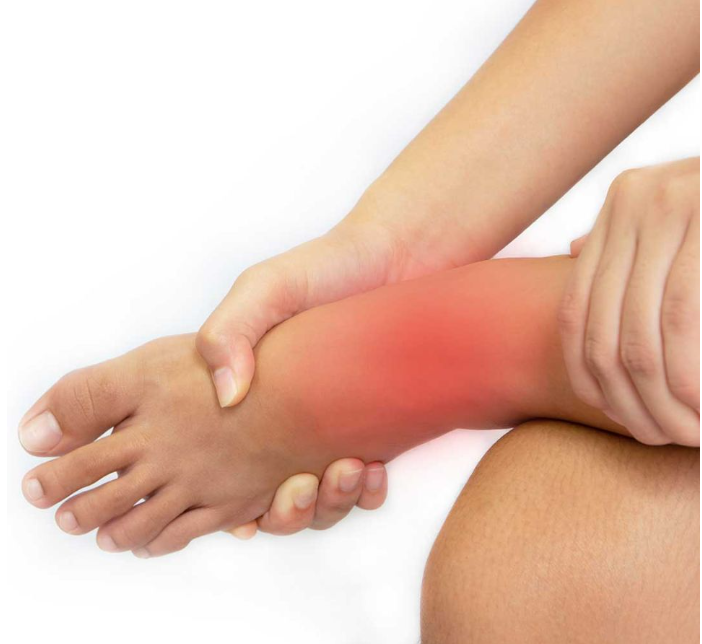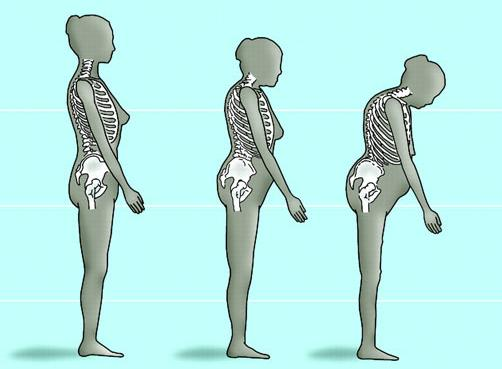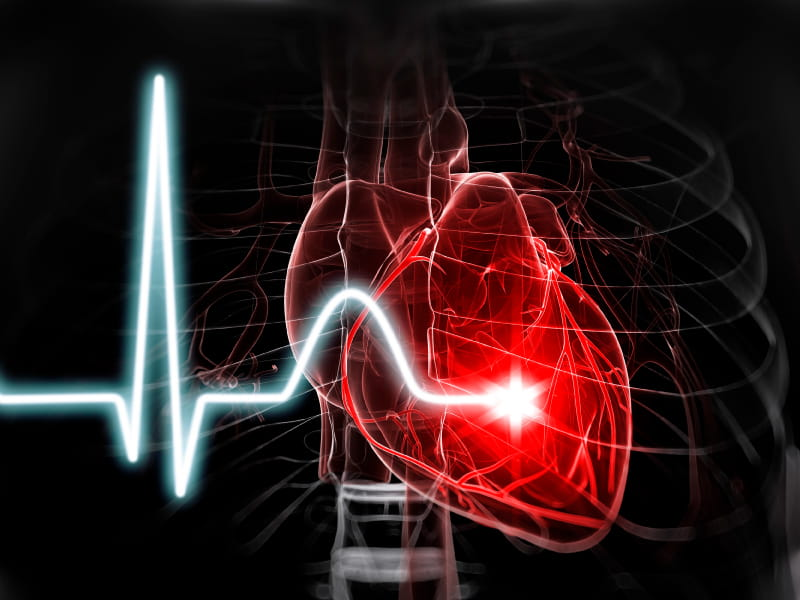Calcium plays a vital role in maintaining the strength of our bones and teeth, while also supporting many other critical functions within the body. Despite its importance, many people fail to consume enough calcium, leading to a deficiency that can have serious consequences over time. Understanding the warning signs of low calcium levels can help you take action before the deficiency impacts your health. In this article, we’ll cover the ten most common signs of calcium deficiency and discuss how to prevent and manage this condition effectively.
Understanding the Importance of Calcium

Calcium is more than just a mineral for strong bones and teeth; it’s a cornerstone for overall health. From supporting muscle function to aiding nerve transmission, calcium ensures that your body operates smoothly. When calcium levels drop too low, your body starts pulling calcium from your bones, weakening them over time. Calcium is also essential for heart health, blood clotting, and even the function of enzymes that aid in digestion. Without sufficient calcium, the body can’t perform these functions efficiently, potentially leading to long-term health complications.
How the Body Uses Calcium
Calcium is absorbed in the intestines and stored primarily in the bones and teeth. The body uses this calcium reservoir to maintain bone strength and release the mineral into the bloodstream as needed to perform essential functions. In the bloodstream, calcium is critical for muscle contraction, nerve signal transmission, and maintaining a regular heartbeat. The body balances calcium by absorbing it through food and storing it, while also excreting what it doesn’t need. If calcium intake is insufficient, your body will pull it from the bones, leading to weakened bone density over time.
Factors Contributing to Calcium Deficiency
Several factors can lead to calcium deficiency. These include a diet lacking in calcium-rich foods, conditions that impair calcium absorption such as gastrointestinal disorders, and certain medications. Age, hormonal changes—especially in post-menopausal women—and lifestyle choices such as smoking and excessive consumption of caffeine or alcohol can also contribute to lower calcium levels.
Let’s dive into the key signs that indicate you may not be getting enough calcium.
1. Fragile and Brittle Nails
One of the earliest and most visible signs of calcium deficiency is weakened nails. If you notice that your nails are becoming fragile, brittle, or prone to breaking easily, it could be a red flag that your body lacks the calcium needed for strong nail growth. Nails, like bones, rely on calcium to maintain their strength and integrity.
2. Frequent Muscle Cramps
Do you often experience muscle cramps, especially in your legs or feet? Muscle cramps are a common sign of low calcium levels. Calcium is critical for muscle function, and when it’s lacking, your muscles can contract unexpectedly, leading to cramps and spasms. These cramps are often more noticeable at night or after physical activity
3. Dental Problems
Since calcium is a primary component of teeth, a deficiency can lead to significant dental issues. These may include tooth decay, brittle teeth, and gum disease. If you’re frequently visiting the dentist for cavities or other dental problems, it may be worth examining whether you’re getting enough calcium in your diet.
4. Tingling in Hands and Feet
Calcium is essential for proper nerve function, so when levels drop, you might experience sensations like tingling, numbness, or a “pins and needles” feeling in your hands and feet. These symptoms are a result of the nerves being affected by the lack of calcium, which can interfere with signal transmission throughout your nervous system.
5. Osteopenia and Osteoporosis

Calcium deficiency over a long period can lead to osteopenia, a condition characterized by reduced bone density. If left untreated, osteopenia can progress to osteoporosis, where bones become extremely weak and fragile. Osteoporosis significantly increases the risk of fractures and bone injuries, particularly in older adults.
6. Fatigue and Overall Weakness
If you feel constantly tired or physically weak, low calcium levels could be the culprit. Calcium plays a key role in energy production and muscle function, and without enough of it, your body struggles to perform efficiently. This can lead to feelings of fatigue, exhaustion, and general body weakness.
7. Dry Skin and Coarse Hair
Not only does calcium impact bones, but it also plays a role in maintaining healthy skin and hair. A deficiency in calcium can lead to dry, itchy skin and brittle, coarse hair. If your skin or hair suddenly feels less healthy, it might be a sign that you need more calcium in your diet.
8. Irregular Heartbeat

Calcium is crucial for the proper function of your heart muscles. Without adequate calcium, your heart may struggle to maintain a regular rhythm, leading to palpitations or irregular heartbeats. If you notice your heartbeat feels out of sync or abnormal, it’s important to consult with a healthcare provider, as this can be a serious symptom.
9. Brain Fog and Memory Issues
Calcium is also essential for brain health. It helps facilitate the release of neurotransmitters, which are chemicals that transmit signals in your brain. If calcium levels are low, you might experience cognitive issues such as brain fog, difficulty concentrating, or even memory problems. These symptoms can impair your day-to-day activities and overall mental sharpness.
10. Poor Appetite and Digestive Problems

Calcium aids in muscle contractions, including those in the digestive system. A lack of calcium can lead to digestive issues like abdominal cramps, constipation, and a poor appetite. If your digestive health is suffering, it’s worth considering whether low calcium levels might be contributing to the problem.
Preventing Calcium Deficiency
The best way to prevent calcium deficiency is through proper dietary habits and lifestyle adjustments. Incorporating calcium-rich foods into your daily meals and adopting healthy lifestyle practices can significantly reduce the risk of deficiency. Below are some key strategies to help you maintain optimal calcium levels.
Calcium-Rich Foods to Include in Your Die
One of the easiest ways to prevent calcium deficiency is by consuming a diet rich in calcium. Dairy products, such as milk, cheese, and yogurt, are among the best sources of calcium. However, if you’re lactose intolerant or prefer plant-based options, leafy green vegetables like kale and spinach, fortified plant milks, almonds, and chia seeds are also excellent alternatives.
Additionally, fish such as sardines and salmon (with bones) offer high levels of calcium. For variety, aim to include a mix of these foods in your daily meals to meet your recommended intake.
The Role of Supplements in Maintaining Calcium Levels

Sometimes, diet alone may not be enough to meet your calcium needs, especially if you have absorption issues or other medical conditions. In such cases, calcium supplements can be a helpful option. Supplements come in two primary forms: calcium carbonate and calcium citrate. Calcium carbonate should be taken with food to improve absorption, while calcium citrate can be taken without food and is often better tolerated by those with gastrointestinal issues.
Before starting any supplement, consult a healthcare provider to determine the appropriate dosage and ensure you’re not exceeding safe limits, as excess calcium can lead to other health problems.
Lifestyle Changes to Boost Calcium Absorption
Calcium absorption is influenced by more than just your diet. Vitamin D plays a crucial role in helping the body absorb calcium, so make sure you’re getting enough sunlight or consuming foods rich in vitamin D, such as fortified milk or fish like salmon. You can also take vitamin D supplements if needed.
Regular weight-bearing exercise, such as walking, jogging, or strength training, can also help improve bone health and maintain calcium levels by stimulating bone formation. Additionally, reducing the intake of caffeine, alcohol, and excessive sodium can prevent calcium loss from your bones.
When to Seek Medical Advice

If you recognize the signs of calcium deficiency or are concerned about your calcium intake, it’s essential to consult with a healthcare provider. They can perform blood tests to determine your calcium levels and recommend appropriate dietary or supplement interventions. Early diagnosis and treatment are crucial for preventing long-term health complications like osteoporosis and cardiovascular issues.
Conclusion: Stay Proactive About Calcium and Bone Health
Calcium is a vital nutrient that affects many aspects of your health, from your bones and teeth to your muscles and brain function. Recognizing the signs of calcium deficiency early can prevent serious long-term health issues like osteoporosis, dental problems, and cardiovascular concerns. By maintaining a balanced diet rich in calcium, considering supplements when necessary, and making simple lifestyle changes, you can ensure that your calcium levels remain optimal. Stay proactive about your bone health, and you’ll enjoy better overall well-being for years to come.


